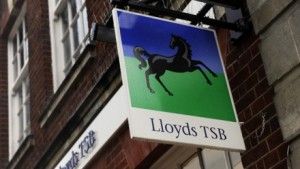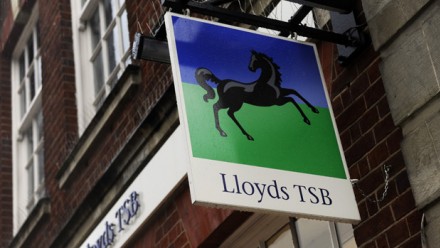 Lloyds has reported that it may need to spend hundreds of millions of pounds over its £7.3 billion budget in order to settle PPI claims. The government-backed lender has compensated customers for PPI programs that were misleading sold through a customer mailing programme.
Lloyds has reported that it may need to spend hundreds of millions of pounds over its £7.3 billion budget in order to settle PPI claims. The government-backed lender has compensated customers for PPI programs that were misleading sold through a customer mailing programme.
The bank has budgeted over £7.3 billion to manage the claims, but is concerned that an increase in the average claim value could require additional capital. The lender, which is partially owned by taxpayers, claims that adding £100 to the average claim size would cost the bank upwards of £70 million in total customer compensation.
Other issues for the bank include the possibility of more claims being filed. Lloyds has estimated that an additional 100,000 complaints made using its programme is likely to cost the bank upwards of £170 million. The bank is currently paying out an average of £1,700 per customer that makes a PPI claim using its programme.
Despite this, Lloyds has forecasted that the average future payout is likely to be just £1,440 as fewer high-value claims are made. It has noted that every additional £100 would increase its total costs by £70 million. The response rate to its mailing efforts is currently 27 percent, although this could increase in the future.
Other banks have also paid out large amounts in PPI claims to customers that were mislead into purchasing PPI policies. Barclays has set aside approximately £4 billion to compensate customers that purchased PPI policies through the bank, alongside a wide range of other British lenders that have spent a total of £18 billion.
The total compensation is almost double the amount of money spend on the London Olympics, making it one of the most expensive banking scandals in recent history for the UK. The scandal has not only cost banks financially – many banks have been hit with a serious reputation downgrade amongst retail investors and families.





